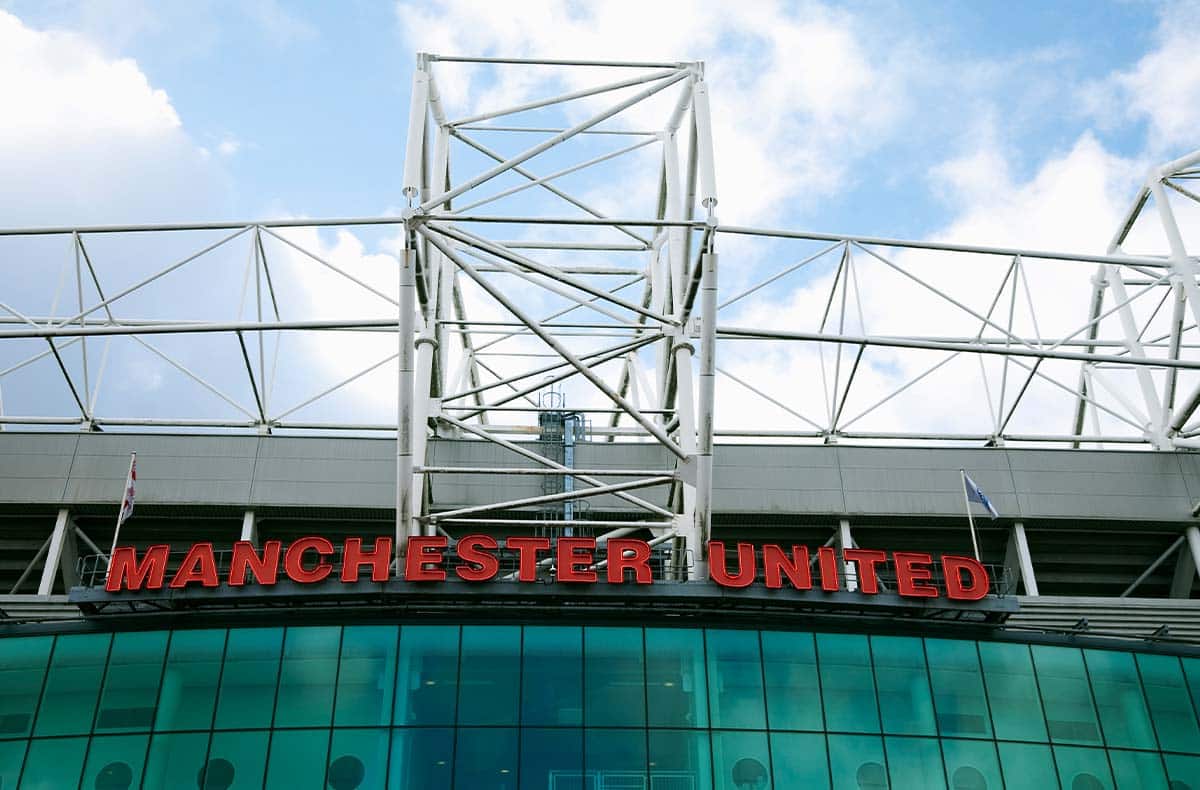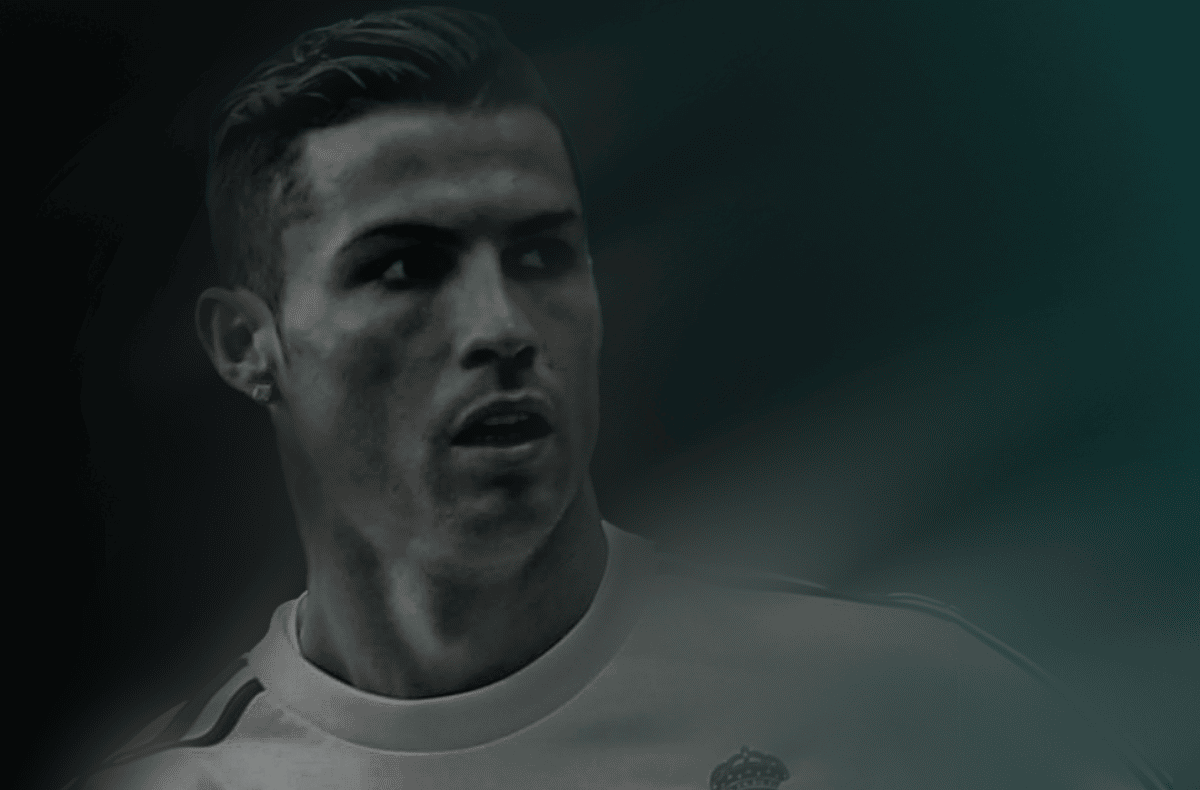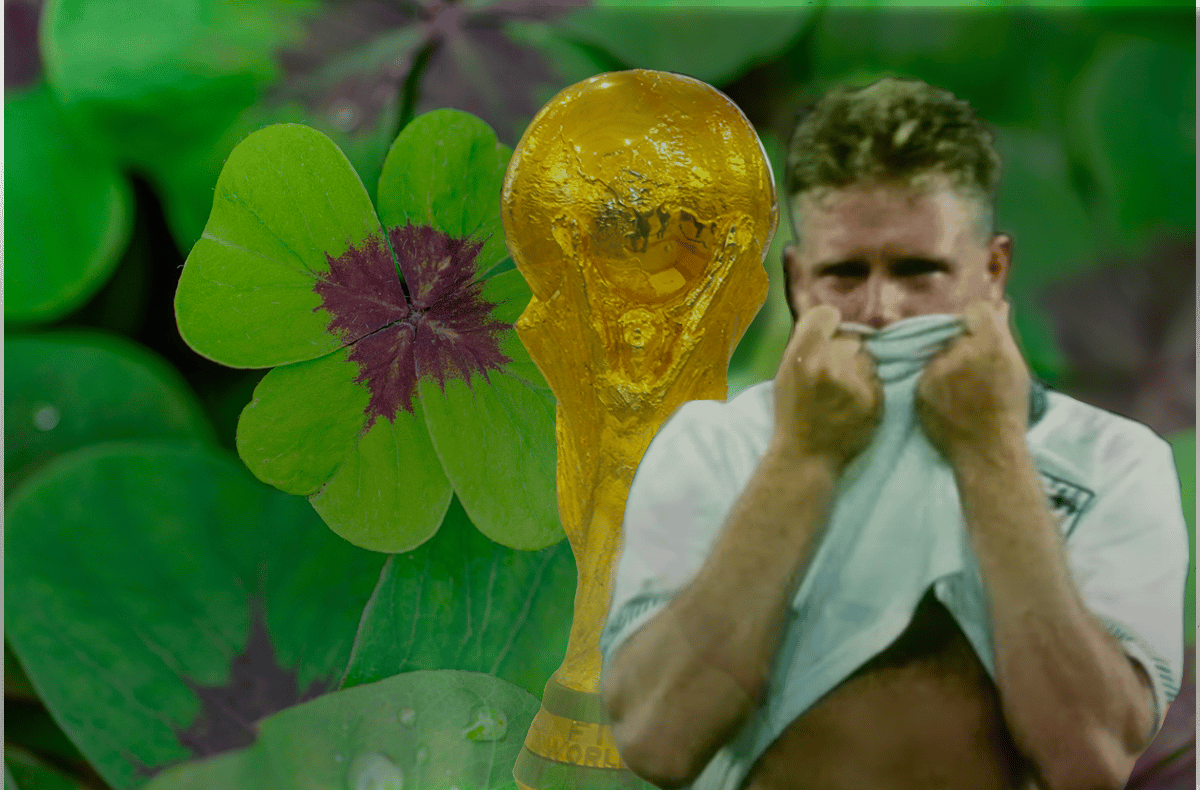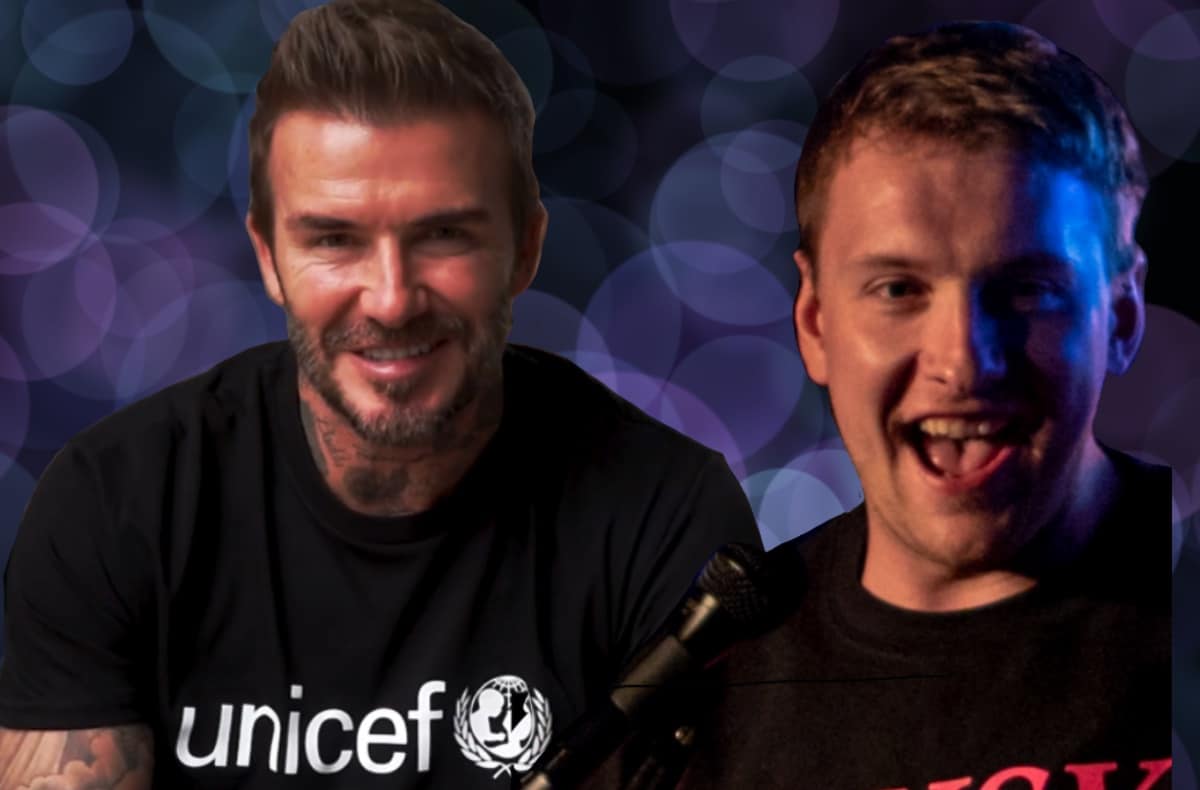
Manchester United need an inquest. The problem is that everyone seems to think saying, “This is Manchester United we’re talking about,” and then moving on, counts. No, the point of an inquest is to investigate the root of the problem and then to solve it. Manchester United’s problems implicate almost everyone with a stake in the club. Maybe that’s why no one’s been willing to dig deep enough yet.
A whole host of stakeholders have been accused as the reasons the Red Devils cannot haul themselves back to the upper echelons of English football. The players have been blamed; the manager(s) blamed; the coaching staff blamed; inhouse disharmony blamed; pundits blamed; Ed Woodward blamed; the Glazers blamed; the fans blamed; even the blue side from across the city have been blamed.
It seems unlikely such a vast array of people and factors would have been listed as potential culprits if the real problem were not higher up. I’m not blaming the gods, I’m simply asking: isn’t the perception of Manchester United what holds Manchester United back more than anything else?
There is no way that past success can be blamed for the failings of today. That remains clear. To call Manchester United “a huge club” or “the biggest club in the world” during the eras of George Best or Sir Bobby Charlton or, more recently, the reign of Sir Alex Ferguson was commonplace, and wasn’t seen as a problem.
But Manchester United have not won the Premier League since 2013. They haven’t won the Champions League since 2008. Since Ferguson retired, the club have endured nine tough years which have seen a whole lot of change in every corner. Inconsistency off the pitch, and inconsistency on it.
It feels high time to ask: are Manchester United really still anything like the biggest club in the world? And more pertinently: is it helpful to call them such? Both answers are, of course, no. Punditry from many of the biggest names who played for Ferguson’s outstanding United side has been a considerable hinderance in that regard. The constant recital of the phrase “THIS IS MANCHESTER UNITED WE’RE TALKING ABOUT, THE BIGGEST CLUB IN THE WORLD” is now so overheard as to be an idle cliché, and so untrue as to make excellent players and decent pundits such as Paul Scholes, Rio Ferdinand, and Gary Neville sound like citizens of a small isolated country named Cuckooland.
Perhaps Manchester United were the biggest club in the world when that generation were sweeping up trophies nearly every season. Or perhaps they actually weren’t the biggest. It’s beside the point, because United is not the biggest club now. Their FA Cup and Champions League campaigns this season showed just how far off Liverpool, City, Chelsea, and Bayern Munich they are. But the self-pity of ex-players, current players, fans and other groups who feel United have a divine right to be called “one of the biggest clubs” is just so counterproductive. It’s somewhat inevitable, because of course Scholes, Ferdinand, and Neville want to will Manchester United in the right direction. Granted. But it’s still counterproductive.
In sport, you have to earn your success. United teams of the past did, and United teams of the future will do too. But Manchester United cannot plead to reach the latter stages of competitions. The winner of a trophy is not whoever has begged for it the loudest—even if you have re-signed an ageing Cristiano Ronaldo just because he was your best player 14 years ago. The Red Devils will not rediscover their former greatness by pretending it’s something retainable. The whole club—players, ex-players, fans, the hierarchy and all—must accept that former greatness is former greatness, and that a new era with new standards is not beginning but rather well underway.
It’s almost disheartening to watch a club still failing to accept the level it’s been at for nearly a decade. If Manchester United can rid itself of the hubris; learn to have managed expectations to match its current standing; leave Cuckooland; and land back down on Earth, the club would be a whole lot better for it.
No one is expecting total rationality; that would be unreasonable. United had so much success under Ferguson that it was inevitably going to take some time for its people to let go of what was good but what is gone. Still…dust yourself off and accept it’s time to get to grips with reality.
An inquest that holds everyone responsible. It sounds like a fascinating watch. And as we’ve all come to see over the past decade, it really is.



